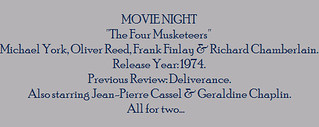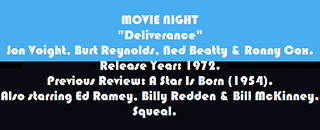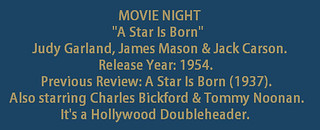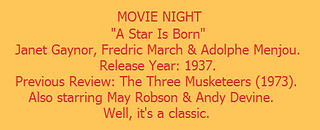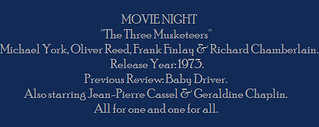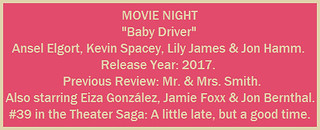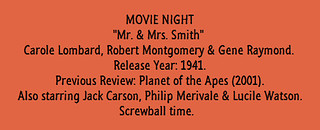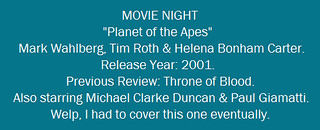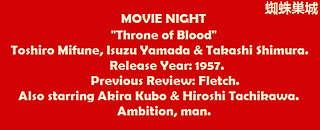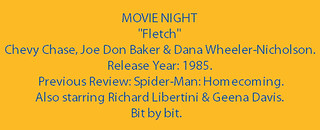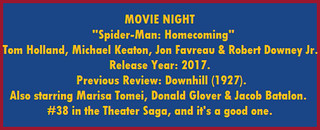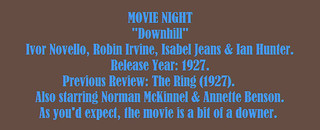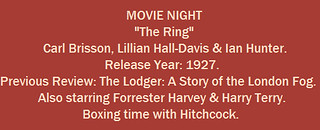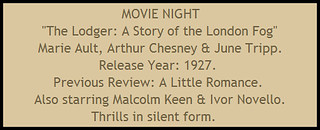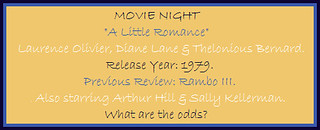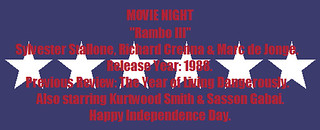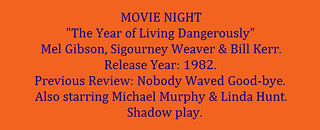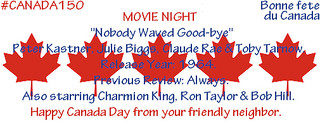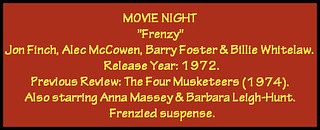

Review #977: Frenzy.
Cast:
Jon Finch (Richard Ian "Dick" Blaney), Alec McCowen (Chief Inspector Oxford), Barry Foster (Robert "Bob" Rusk), Billie Whitelaw (Hetty Porter), Anna Massey (Barbara Jane "Babs" Milligan), Barbara Leigh-Hunt (Brenda Margaret Blaney), Bernard Cribbins (Felix Forsythe), Vivien Merchant (Mrs. Oxford), Michael Bates (Sergeant Spearman), and Jean Marsh (Monica Barling) Directed by Alfred Hitchcock (#219 - Rope, #223 - North by Northwest, #446 - Spellbound, #447 - Psycho, #450 - Vertigo, #455 - Rear Window, #553 - Strangers on a Train, #800 - Shadow of a Doubt, #910 - Notorious, #963 - The Lodger: A Story of the London Fog, #964 - The Ring (1927), #965 - Downhill, and #970 - Mr. and Mrs. Smith)
Review:
Frenzy was Alfred Hitchcock's 52nd feature film, along with being his penultimate film, with Family Plot (1976) being released four years later. This was adapted from the novel Goodbye Piccadilly, Farewell Leicester Square by Arthur La Bern. He later wrote a letter in a newspaper that described it as a "painful experience", citing the screenplay by Anthony Shaffer. If you've seen enough Hitchcock films/thrillers (or have heard about him already), there are quite a few familiar aspects present, such as the wrong man motif, and a macabre attitude at times, with more thrills than mystery present (seeing as you know who the killer is by the first hour), but it doesn't make the film any less interesting in its plunge into the dark (depending on how much you can stomach, anyway). The tracking sequence involving the killer taking his next victim is executed finely enough, and the potato truck sequence invokes a bit of nausea along with interest in where it will end up. This was Hitchcock's third British film since he had moved to Hollywood in 1939 (with the other two being Under Capricorn (1949) and Stage Fright (1950), although he shot some exterior shots in England for The Man Who Knew Too Much (1956)), and this also happened to be his first (and only) ever film rated R upon theatrical release, with the violence and imagery shown on screen showing more of the ugly nature of death than previous Hitchcock films had done - for better or for worse. If you can stomach the film's macabre aspects, you likely can stomach the film as a whole just fine.
Finch is a fair main lead, being brutally blunt and fitting as the man in the wrong circumstances while not merely just an innocent lamb, which is somewhat refreshing although it may be a turnoff for others. McCowen does fine, being fairly crucial towards the climax. The humor is quite sharp and welcome, with the scenes between McCowen and Merchant feeling like the right sort of contrast in a film with a man who kills people with neckties (I happen to have no biases toward this fact, seeing as I wear zip ties); the scene with the men discussing the details of the murder in a pub is also a strange highlight. Foster has a sort of ease to his performance that is fairly off-putting and quite effective; his scene with Leigh-Hunt is haunting along with lurid. The rest of the cast are quite interesting in their supporting roles, such as Massey and Cribbins, each having a certain pull factor that works in their own way; the locations used (such as Covent Garden) is also pretty helpful in making for a unique atmosphere for the film to take place, with some of the location having changed since the film's release. The climax of the film is fairly engaging and typical for a Hitchcock movie (which isn't a criticism), having a satisfactory end - for a movie like this, anyway. It is easy to say this is not one of Hitchcock's best films, but it is at least a fair piece of entertainment that happens to fall in the middle behind genuine classics that he had made prior. Love it or hate it, it is clear that Hitchcock still seemed to know what he was doing even at the age of 73, and this is a fairly decent representation of that.
Overall, I give it 8 out of 10 stars.

